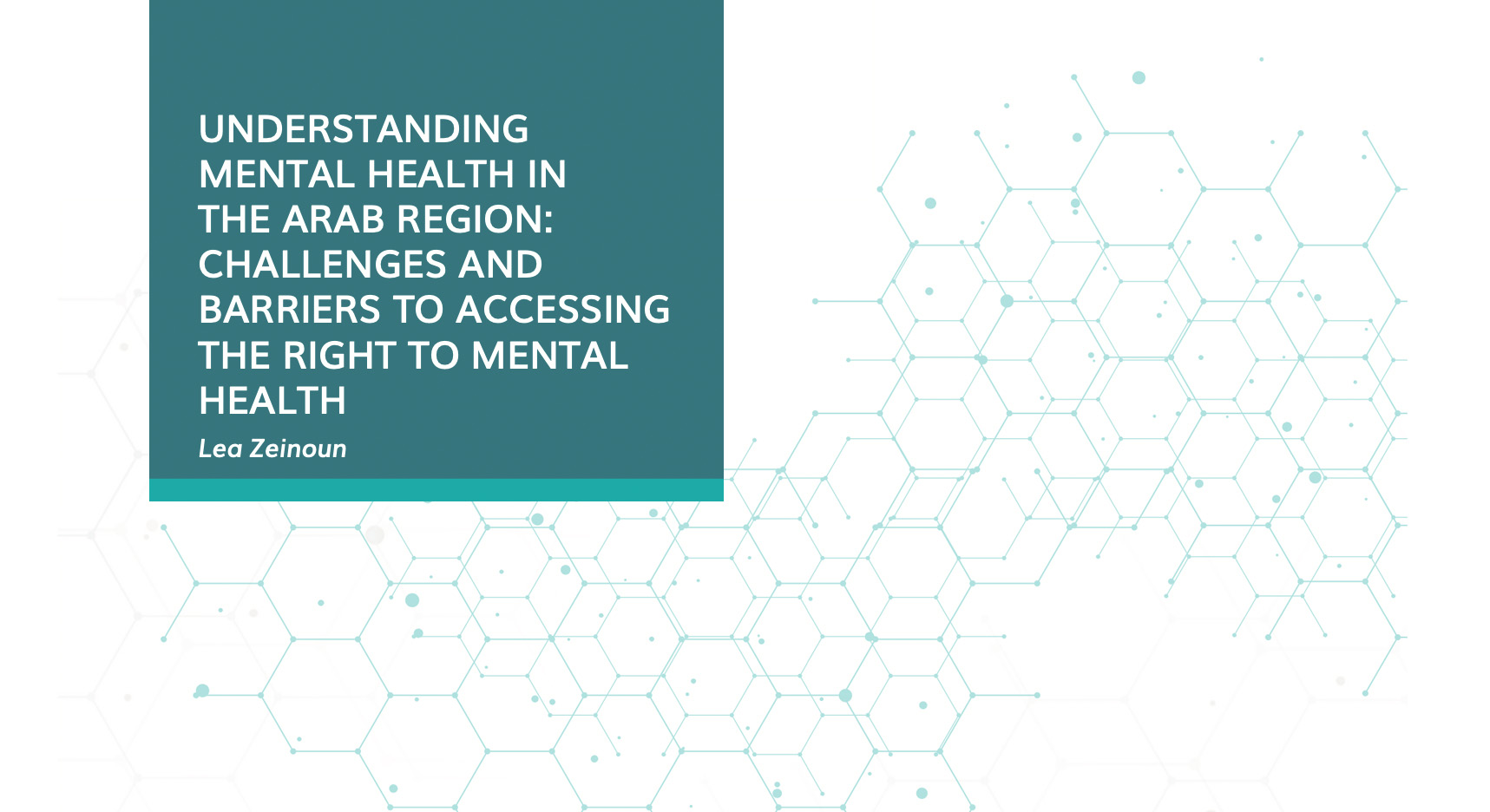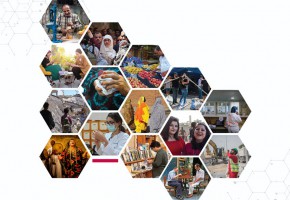

Understanding mental health in the Arab region: Challenges and barriers to accessing the right to mental health - Lea Zeinoun
Please click here to download the full article
This is part of the Arab Watch Report 2023 on Right to Health.
Introduction
Over the past decade there has been a global growth in the recognition of the importance of mental health and well-being, and a demand for better mental healthcare. Mental health is an integral component of the right to health, a human right recognized in international law, declaring that everyone has the right to the highest attainable standard of physical and mental health. Despite these developments, mental health education and resources are neglected even in the wealthiest countries, in turn, impacting the right to mental health (Arab Center Washington 2022). As a result, advocates call for parity with general health funding, so that people with mental health problems have access to the same level of care as people with physical health problems. They are also calling for a reduction in the treatment gap, so that more people who need mental healthcare can get it, particularly in low- and middle-income countries (Puras et al. 2019).
Mental health is an important part of overall health. It refers to a state of well-being in which individuals can realize their own potential, cope with the stresses of life, work productively, and contribute to their communities. Mental health problems can have a significant impact on a person's ability to function, leading to impaired social functioning, decreased productivity, and increased risk of suicide.
The right to health includes the right to access mental health care. This refers to equitable access to affordable, quality mental health services, regardless of a person’s financial capacities and life circumstances, delivered with dignity and respect to the individual accessing it. However, between the provision of mental health care services and access to such services, several barriers impact the consideration of mental health and the right to access mental healthcare. While some barriers are universal such as restrictions in legislation and resource availability, other barriers are contextual and vary across communities and their unique experiences.
The Arab region is diverse, comprised of 22 countries, with a population of 400 million Arabs across the Middle East and North African region, and another 34 million immigrants (The World Bank 2022), as well as large populations of refugees and internally displaced persons (UNHCR 2022). To our knowledge there are no projections on the burden of mental illness in the Arab region. Through public surveys, the Arab Center Washington (2022) estimates that 30% of people in the region reported suffering from depression and warns against an imbalance between the increasing need for mental health services and their availability over the years to come. There is also extensive research on the prevalence of stigma around mental health, alongside a prevalence of increasing psychological distress (Khatib et al. 2023), leading individuals with mental illness to encounter the added challenges of poverty and further marginalizing them due to their condition (Dardas et al. 2015).
A review of access and barriers to healthcare delivery in the Arab region found that the developments in access to health were not uniform across diverse populations, more specifically across different socio-economic levels. The article also highlighted that in the region’s work on health services and their delivery, mental health is often excluded (Kronfol 2012). These factors, among others, impact access to health services and the right to mental health for individuals in the Arab region. Understanding the challenges and barriers to attaining this right in the Arab region increases the understanding of mental health in the region, improves the development of more effective interventions and treatment programs, and can reduce related stigma, ultimately increasing access to mental healthcare as a health right.
Lea Zeinoun
Please click here to download the full article
This is part of the Arab Watch Report 2023 on Right to Health.
Recent publications

ANND Newsletter January 2026 - From Davos to the UPR: Between Promises, and Accountability
Related publications


